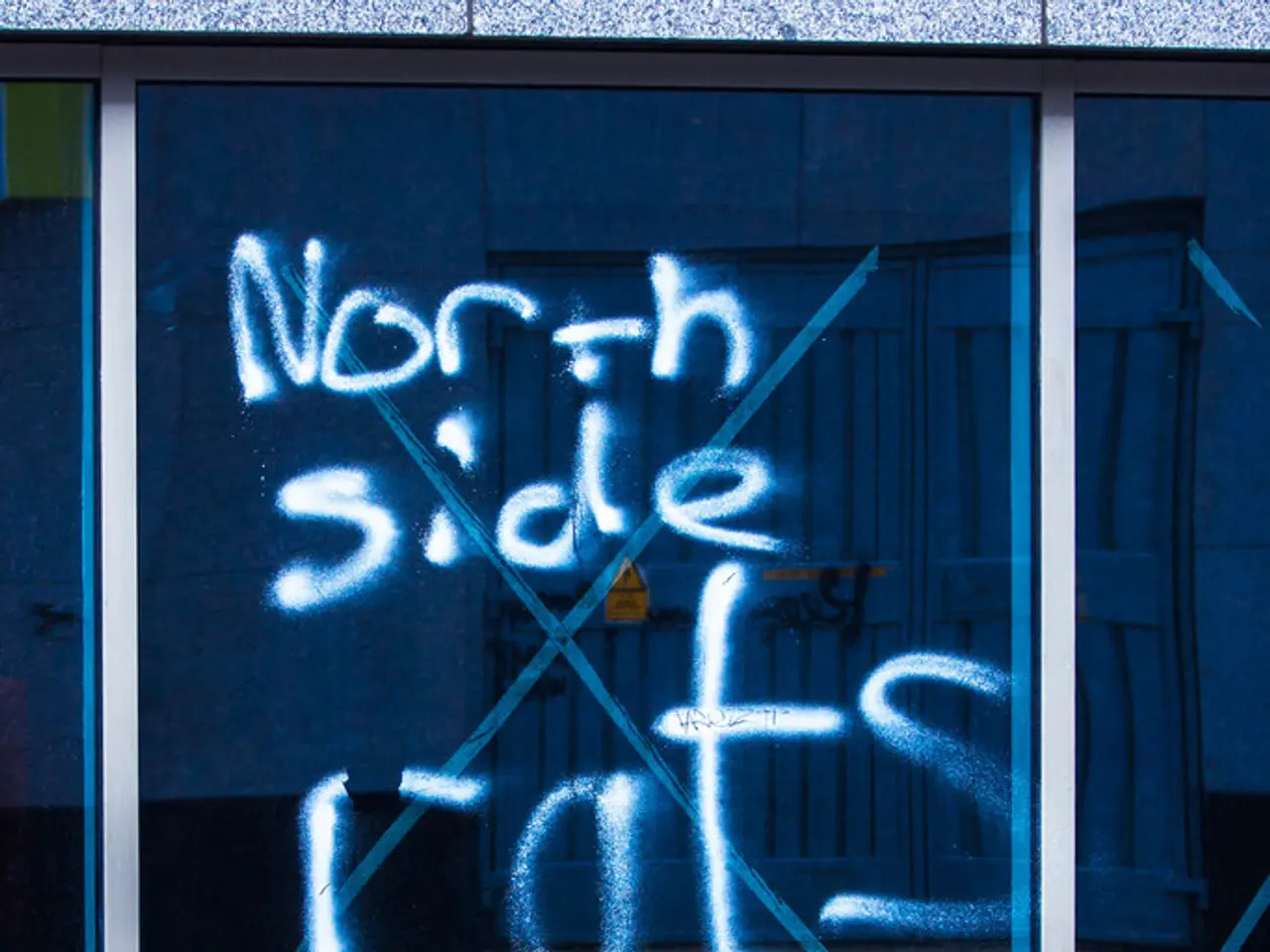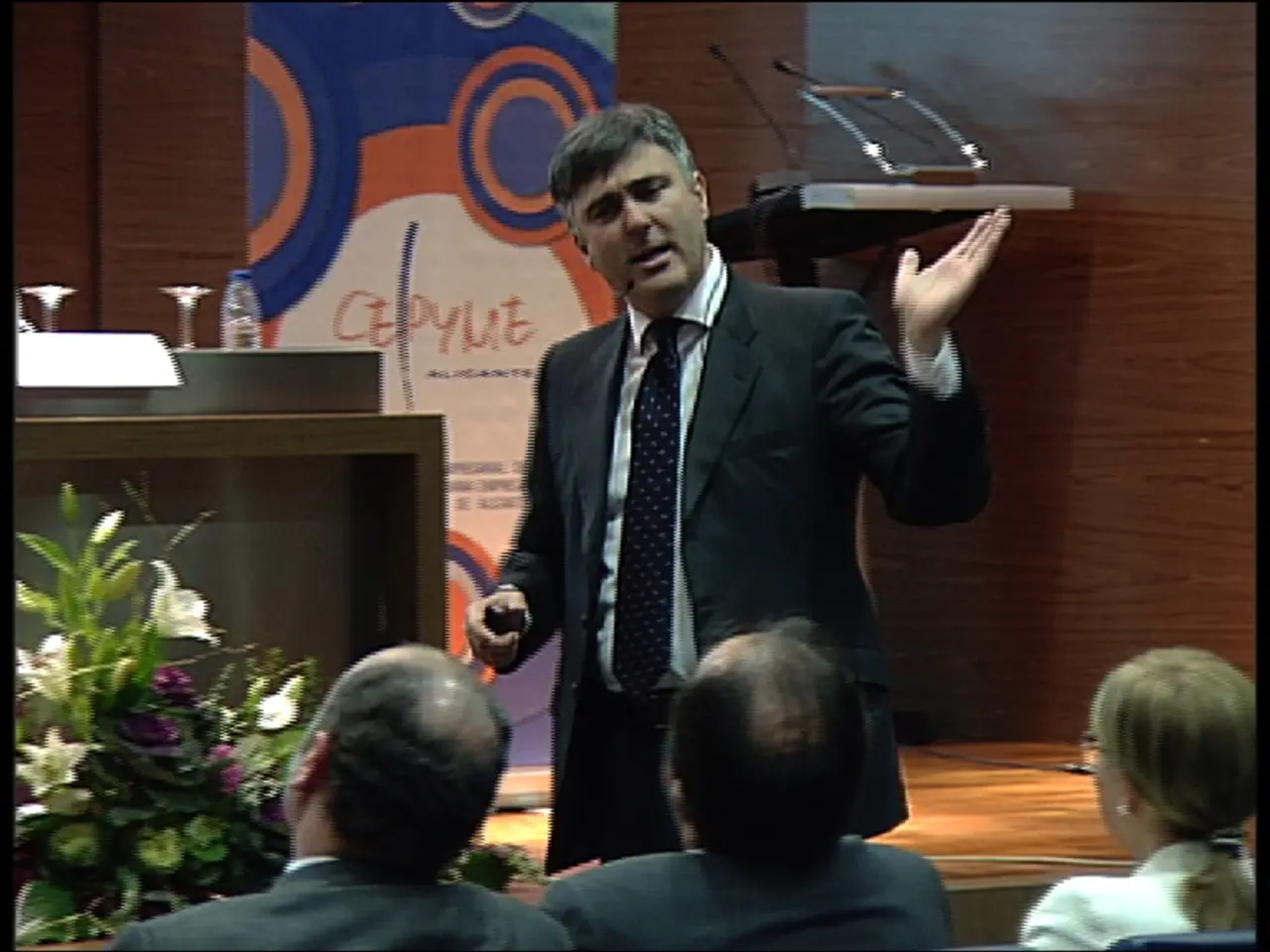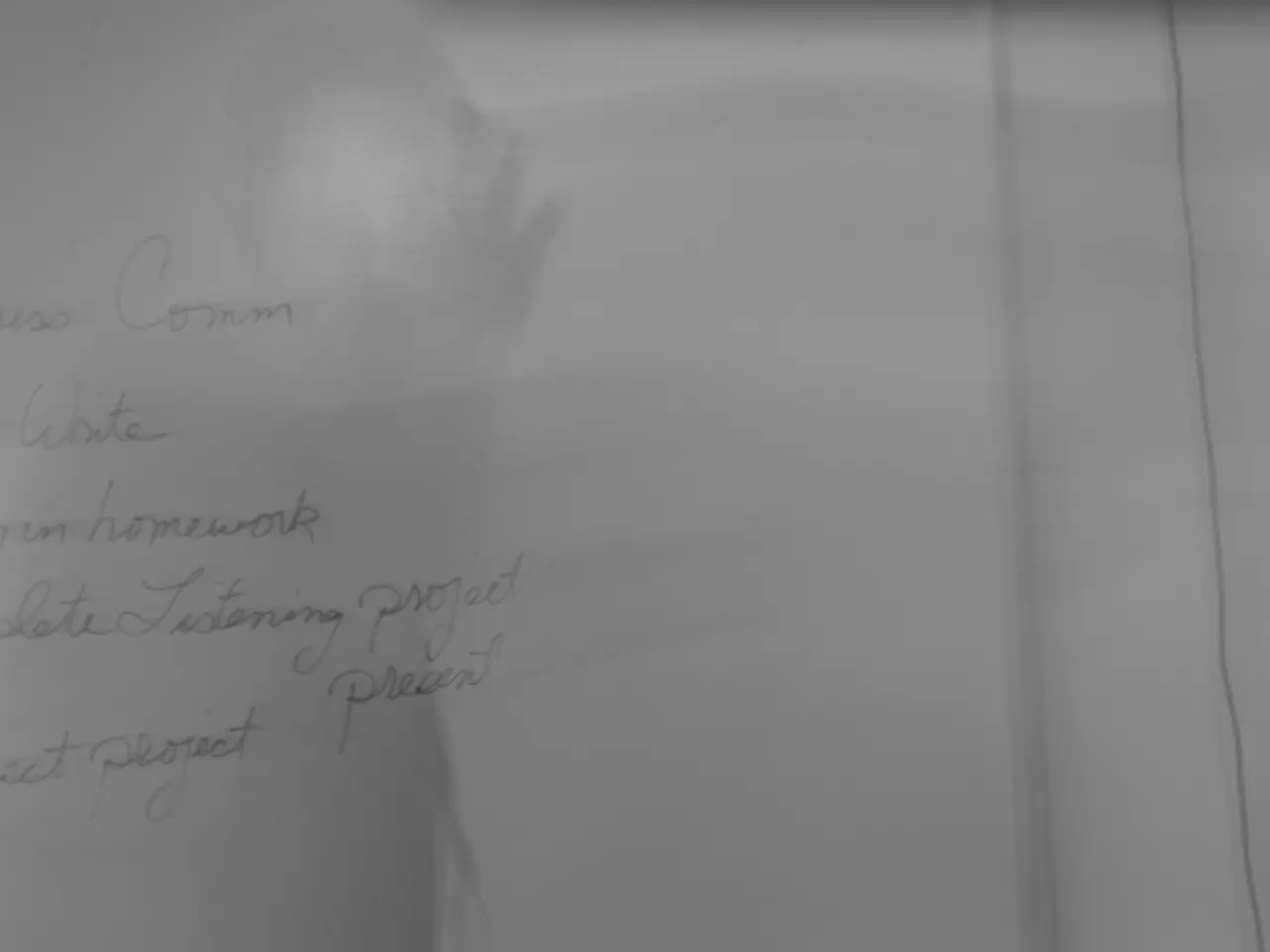Germany-Poland Border Checks Intensify
In a significant move, Poland has reinstated temporary border controls with both Germany and Lithuania, effective from July 7, 2025. This decision comes in response to similar border checks imposed by Germany earlier this year, aimed at curbing illegal migration and the smuggling of migrants across these borders.
The Polish government's decision is rooted in concerns over a significant rise in irregular migration. Accusations have been levelled against Russia for allegedly funnelling migrants via Belarus into European Union territory. The controls are primarily targeted at those involved in "illegal smuggling of migrants," with the aim of managing the "uncontrolled flow of migrants" across borders.
Tensions have arisen due to Poland's claims that Germany is pushing migrants back onto Polish territory, a claim Germany denies. Officials also refer to the wider pressure on the Schengen Area's freedom of movement system, with Poland’s deputy interior minister acknowledging that unified and symmetrical neighboring actions are necessary for the system to be effective.
The controls involve enhanced checks on buses, minibuses, cars with multiple passengers, and vehicles with tinted windows. There will be intensified scrutiny at 52 sites along the Poland-Germany border and 13 sites on the Poland-Lithuania border. These measures are set initially for a 30-day period, with the possibility of extension depending on the situation.
Polish Interior Minister Tomasz Siemoniak has emphasised that ordinary travelers would face no difficulties, as the main focus is on preventing migrant smuggling. Poland's Prime Minister, Donald Tusk, has framed the action as a reluctant but necessary step, advocating for freedom of movement within Europe but emphasising the need for cooperation among neighbouring countries.
European Parliament representatives have described Poland's decision as a "retaliation" against Germany's earlier border enforcement, highlighting concerns about the strain on Schengen protocols. The German Interior Minister, Alexander Dobrindt (CSU), ordered more intensive border controls after the new federal government took office in May.
Travelers crossing the border must have a passport or ID card. The Polish government also plans to conduct checks at its border with Lithuania in the coming weeks. This move is part of a strategic response to the ongoing migration pressure and perceived inadequate cooperation in managing illegal crossings, marked by targeted stricter inspections focused on suspicious vehicles and cross-border flows.
The Polish government's tightened border controls, initiated from July 7, 2025, are primarily aimed at managing the uncontrolled flow of migrants, specifically those involved in illegal smuggling of migrants, due to concerns over a significant rise in irregular migration. This strategic response also includes intensified checks on general-news topics related to migration, as Poland alleges Russia is funneling migrants via Belarus into EU territory.
Polish officials’ stress on ordinary travelers facing no difficulties contrasts with European Parliament representatives' description of Poland's decision as a "retaliation" against Germany's earlier border enforcement, emphasizing the wider pressure on the Schengen Area's freedom of movement system. These events unfold amidst ongoing migration pressure and perceived inadequate cooperation in managing illegal crossings, with radio broadcasts likely covering this political development closely.






